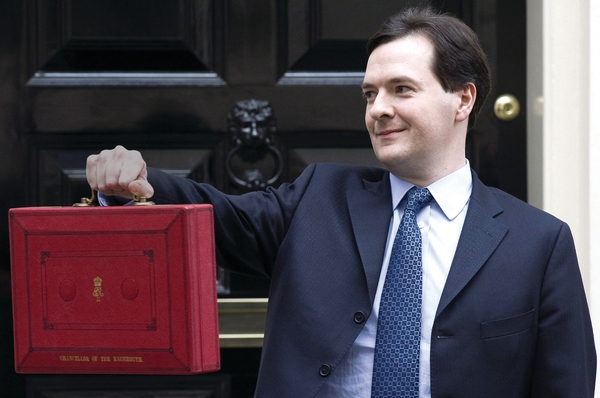You are viewing 1 of your 1 free articles
Government confirms five-year rent settlement after consultation
The government has confirmed that social housing rents will rise by the consumer price index (CPI) measure of inflation plus 1% for five years from 2020, following the conclusion of a consultation.
The official response to the consultation on the new rent standard was published today, marking final confirmation of long-standing plans for the first social sector rent rises in four years from 2020.
The rent standard will apply to councils and housing associations equally and will include no provision to raise historically low social rents by higher rates.
The new settlement, which will end four years of annual 1% reductions, was welcomed by 86% of social landlord respondents but rejected by 87% of tenants and tenant groups.
In its official response, the government said it “acknowledges the concerns” of tenants about rent rises.
It added: “However, it is important to recognise that most existing tenants will have benefited over the previous four years from a reduction of 1% each year as implemented through the Welfare Reform and Work Act 2016.
“In that context, we believe that our proposal strikes the right balance between the interests of existing social housing tenants who pay some or all of their own rent, the need to build more homes, and the importance of ensuring that providers have sufficient income with which to manage and maintain their properties.”
Previously the rent standard officially applied to housing associations only, with council rents effectively regulated through the housing benefit system by the Department for Work and Pensions.
But under the new settlement, the Regulator of Social Housing will direct rent rises for local authority and housing association tenants equally. The government said this was important to ensure “that all social tenants should receive similar levels of protection”.
A CPI+1% rent standard for the sector was first agreed with the coalition government in 2013 and was due to run for 10 years from 2015/16.
However, in 2015 then-chancellor George Osborne announced that he would abandon this settlement in favour of 1% annual reductions for four years in a bid to cut the benefit bill.
This effectively constituted a 16% cut to social landlords’ business plans and predicated a period of cuts, mergers and efficiency savings in the sector.
In October 2017, Theresa May announced plans to revert to five years of CPI+1% rent rises from 2020. The government formally consulted on this in November last year and has confirmed it in the response published today.
Housing minister Kit Malthouse said: “This government is committed to ensuring social housing remains fit for the future, with homes that tenants can be proud of and shovels in the ground to build even more.
“The new rent deal will ensure that housing associations and councils have the certainty they need to manage, maintain and build more social housing – providing tenants with high-quality homes and helping to restore the dream of homeownership for a new generation.”
Under previous settlements, councils and housing associations had powers to raise historically low social rents to ‘formula’ levels under a process known as ‘rent convergence’, which was binned in 2014/15.
The government said that a number of associations and councils support the return of convergence, but that it is “concerned about the impact on tenants and welfare costs if some rents were permitted to increase by an additional amount per week over and above CPI+1%”.













